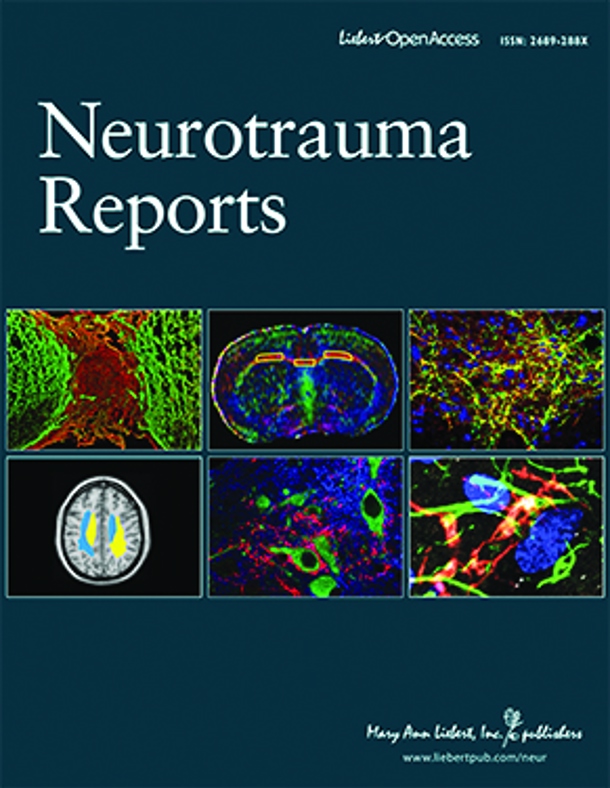
Authors From Afeka: Eli Flexer
Abstract
Traumatic brain injury (TBI), which is characterized by damage to the brain resulting from a sudden traumatic event, is a major cause of death and disability worldwide. It has short- and long-term effects, including neuroinflammation, cognitive deficits, and depression. TBI consists of multiple steps that may sometimes have opposing effects or mechanisms, making it challenging to investigate and translate new knowledge into effective therapies. In order to better understand and address the underlying mechanisms of TBI, we have developed an in vitro platform that allows dynamic simulation of TBI conditions by applying external magnetic forces to induce acceleration and deceleration injury, which is often observed in human TBI. Endothelial and neuron-like cells were successfully grown on magnetic gels and applied to the platform. Both cell types showed an instant response to the TBI model, but the endothelial cells were able to recover quickly—in contrast to the neuron-like cells. In conclusion, the presented in vitro model mimics the mechanical processes of acceleration/deceleration injury involved in TBI and will be a valuable resource for further research on brain injury.


Inducing Mechanical Stimuli to Tissues Grown on a Magnetic Gel Allows Deconvoluting the Forces Leading to Traumatic Brain Injury
Share a link using:
https://www.afeka.ac.il/en/industry-relations/research-authority/inducing-mechanical-stimuli-to-tissues-grown-on-a-magnetic-gel-allows-deconvoluting-the-forces-leading-to-traumatic-brain-injury/WhatsApp
Facebook
Twitter
Email
https://www.afeka.ac.il/en/industry-relations/research-authority/inducing-mechanical-stimuli-to-tissues-grown-on-a-magnetic-gel-allows-deconvoluting-the-forces-leading-to-traumatic-brain-injury/